 Every 15-20 years, a new generation emerges with a unique set of characteristics and behaviors that are shaped by the societal events of their youth. For Baby Boomers, it was the post-World War II economic and population boom. Generation X was shaped by the economic decline and spike in divorce rates that persisted throughout the ’70s and ’80s. The prosperity of the ’90s is echoed in the optimism of Millennials and mirrors the prosperous economy their Baby Boomer parents grew accustomed to.
Every 15-20 years, a new generation emerges with a unique set of characteristics and behaviors that are shaped by the societal events of their youth. For Baby Boomers, it was the post-World War II economic and population boom. Generation X was shaped by the economic decline and spike in divorce rates that persisted throughout the ’70s and ’80s. The prosperity of the ’90s is echoed in the optimism of Millennials and mirrors the prosperous economy their Baby Boomer parents grew accustomed to.
Generation Z grew up post 9/11 during the war on terror, an economic recession, and political battles over marriage equality, immigration, gun regulations and affordable health care. The Occupy Movement happened during their childhood, as did massive budget cuts to schools. They took more standardized tests than you can imagine and witnessed the booming growth of charter schools and for-profit higher education. They also saw the rapid development of social media platforms and do not know of a world in which they cannot stream nearly any show or movie and access thousands of their favorite songs online at any time.
Members of Generation Z self-identify as loyal, thoughtful, compassionate and determined. They believe they possess high levels of leadership skills, and they intend to solve the world’s problems. They have high, but realistic hopes for themselves, leaving the rest of us to have high hopes for them as well.
Seemiller and Grace’s study of Generation Z revealed trends and behaviors that are influencing Generation Z’s attitudes about life, education and work. The following represent some of the study’s most critical findings about this new generation of college students:
- They are motivated by making a difference for others and not so much by public recognition.
- Their social circles are diverse, and they are supportive of inclusive practices.
- They prefer to “do” rather than “lead” when working in groups.
- As much as they love their technology, they prefer face-to-face communication.
- They are social-change minded and would rather engage in community work that addresses the underlying cause of an issue than engage in short-term service to address the symptoms.
- They lean left on social issues and center to right on financial issues.
- They use social media, but prefer to share on Instagram and follow on Facebook and Twitter.
- To learn something new, they “YouTube it” before they “Google it.”
- They are intrapersonal learners and prefer individual work over group work.
- They care passionately about issues related to education, employment and racial equality.
In some respects, they are like the students who came before them: seeking friends, purpose and support while in college. Yet, Generation Z is different in many ways and will bring new energy and perspectives to the communities they populate. A number of factors — from how they are motivated to how they engage in community work — will impact their role in shaping the cultures of the campuses, companies and communities they inhabit. The book “Generation Z Goes to College” revealed key themes that help explain Generation Z’s attitudes about life and education. These themes include technology, creative invention, social change and career preparation. By understanding how these important topics impact Generation Z, members of older generations can begin to consider ways to adapt and work with Generation Z, both during the college years and beyond.
Technologists: Online, all the time
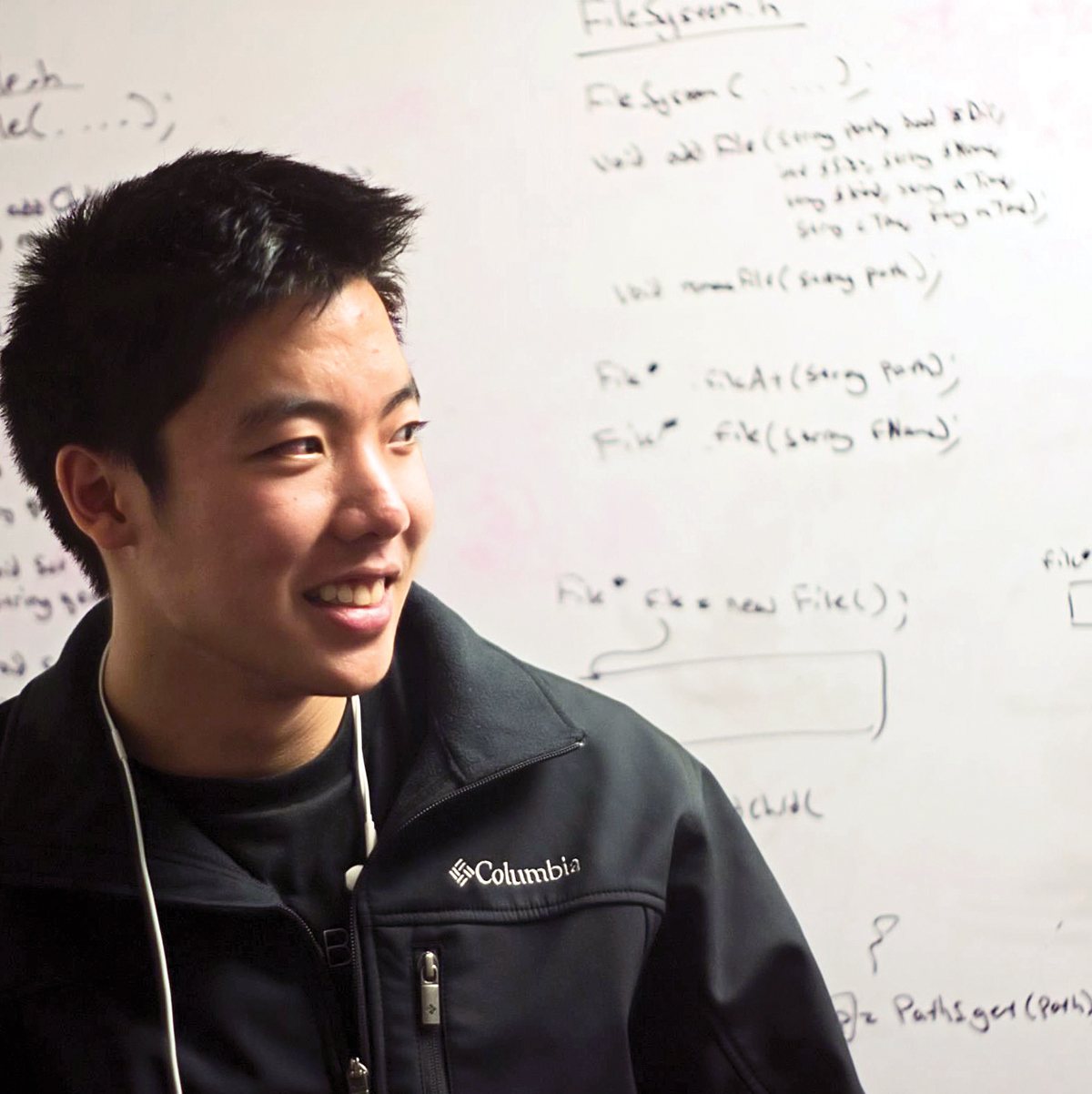 The “get it when you need it” accessibility of online information and resources has impacted nearly every aspect of daily life for Generation Z. High-speed Internet makes it easy to shop, stream movies, connect with friends and chat with customer support at any hour of the day. And where you used to have to wait for the 5 o’clock news or the daily paper, there are now 24-hour news channels and the ability to receive news alerts on mobile devices as events unfold. To those from previous generations, these are handy tools that have made life easier, but to Generation Z they are an indispensable part of everyday life.
The “get it when you need it” accessibility of online information and resources has impacted nearly every aspect of daily life for Generation Z. High-speed Internet makes it easy to shop, stream movies, connect with friends and chat with customer support at any hour of the day. And where you used to have to wait for the 5 o’clock news or the daily paper, there are now 24-hour news channels and the ability to receive news alerts on mobile devices as events unfold. To those from previous generations, these are handy tools that have made life easier, but to Generation Z they are an indispensable part of everyday life.
Online accessibility has also impacted the way students approach education. Video-based learning enables today’s student to engage with material through audio and visual methods, in lieu of or in addition to reading or listening to material. Their ability to access videos, articles, statistics, reference materials — practically any resource they need — is unlike that of any other generation of college students. The first YouTube video was uploaded when the oldest Generation Z students were only 10. And for most of them, multimedia elements like videos that can be accessed anytime, even outside of the classroom, have always been a part of their educational experience. So, it’s not surprising that the “Generation Z Goes to College” study found these students have a strong preference for taking in new information through video-based platforms. Sixty percent of Generation Z students indicated using YouTube to gain new knowledge, and 33 percent reported using video content as an educational tool.
Generation Z students are true digital natives. Because technology has always played a major role in their lives, we can expect them to not only drive demand for new technologies, but to take it upon themselves to develop them too. That’s something Eric Chew, Stanford ’17, has been doing since elementary school. He started out creating small robots and Leyden jars as a second grader. By fifth grade, he’d moved on to building computers. As a junior in high school, Chew developed his first mobile application, ChewChew. The app, which won the Massachusetts State Science and Engineering Fair, helped local restaurants reduce food waste by posting limited-time discounts on food that would otherwise be thrown out at the end of the day. Chew described the experience as “a great introduction to how powerful mobile applications can be. It occurred to me that something so simple could make a huge impact on people.”
Like many members of Generation Z, Chew’s passion for technology is intertwined with the ability to access information and gain new knowledge. As part of a class assignment, Chew recently used Google Glass technology to create an application that helps language learners by tracking progress and translating in real time. The computer science major is also continuing to develop his own mobile apps and is working with fellow Stanford students on a variety of projects, including an app that syncs phone data to an external hard drive the size of a keychain and a web platform that connects and empowers marine conservationists.
Chew, who spent this past summer interning at Facebook as a software engineer, will likely be making an impact with new technology for some time to come. Ultimately, he plans to attend graduate school, with an eye toward using technology to tackle problems in our education system.
While not every member of Generation Z is building apps in their free time, Chew’s passion for and fluency in technology is highly representative of the population. The ubiquity of user-friendly technology in their lives has created an expectation for technology to assist in finding solutions to challenges they face. And technology, perhaps more so than any other area of interest impacting Generation Z, is intertwined with the other defining characteristics of their generation as they use tech-based solutions to innovate, address social issues, and prepare for their careers.
Creative inventors: Ushering in a new era of entrepreneurship
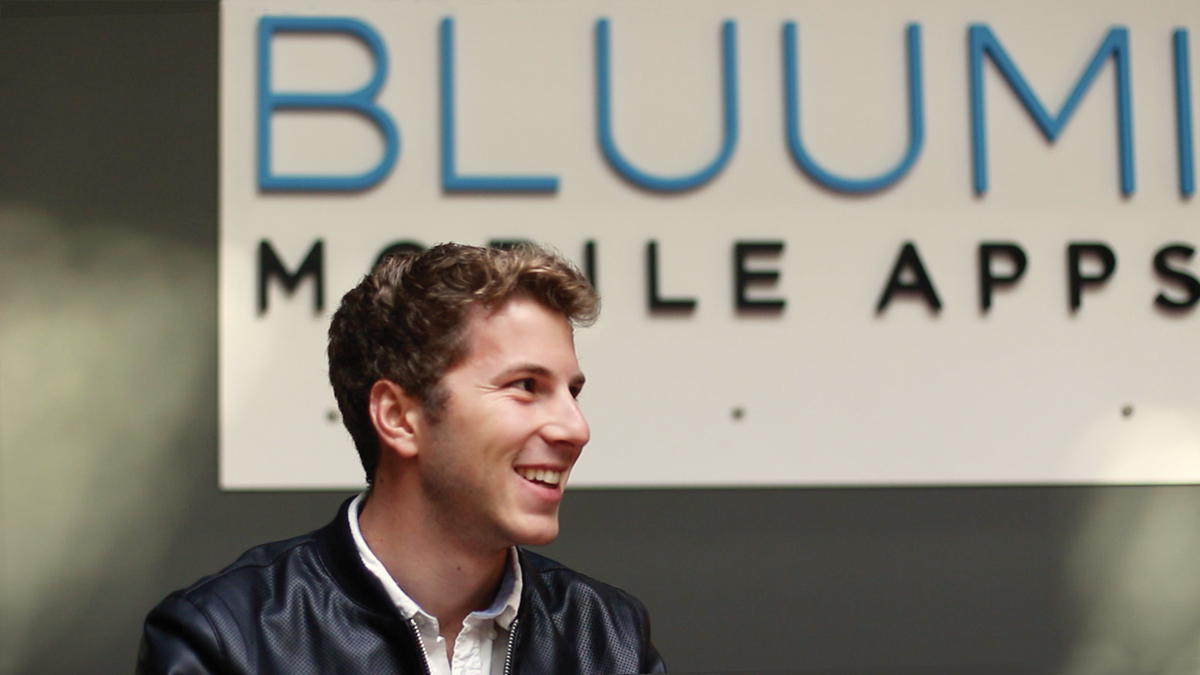 Generation Z students aren’t content to merely follow someone else’s plan. They tend to be problem solvers who are eager to contribute their own ideas and bring solutions to life. They believe in their talents and don’t see invention and entrepreneurship as topics reserved for science labs and business departments.
Generation Z students aren’t content to merely follow someone else’s plan. They tend to be problem solvers who are eager to contribute their own ideas and bring solutions to life. They believe in their talents and don’t see invention and entrepreneurship as topics reserved for science labs and business departments.
According to the 2013 Gallup Index, more than a third of Generation Z students want to change the world by inventing something, while a 2014 Northeastern University study found that nearly half want to work for themselves. We can expect those in Generation Z to engage in entrepreneurship and invention both in their careers and as hobbies, likely employing innovation to address issues and create a more efficient society.
It was safety and efficiency that inspired Martin Aguinis, Indiana ’17, to co-found GreekRide, a mobile app-supported ride-sharing service, in 2014. The idea was hatched after a difficult evening spent volunteering as a designated driver. Aguinis had shared his phone number with his Fraternity brothers, letting them know he’d be available to provide rides for anyone who needed them. However, he struggled to coordinate locations and pick-up times with those who contacted him. Aguinis wondered, “How could I make this process better?”
“I always had a vision of starting a business while in college,” said Aguinis. He partnered with chapter brother Ben Gavette, ’17, and Lambda Chi Alpha member Liam Bolling to make that vision a reality. The team developed a mobile application capable of matching people in need of a safe ride with free and reliable drivers. Their app was similar to other ride-hailing services like Uber, but relied on volunteer drivers within existing social networks created by fraternities and sororities. And while Uber is now an option for Indiana students, GreekRide was the first to market in Bloomington.
In addition to making the coordination of rides easier, GreekRide has increased safety for both drivers and riders. Organizations enrolled in the service pay a one-time fee of $30 that allows their members to use the service free of charge. Users see the name, Greek organization, and Facebook profile picture of riders and drivers on the system. Drivers can view and accept requests from riders, and riders can track their driver en route and receive notifications when they arrive.
In 2015, GreekRide was announced as a winner of Indiana’s Kelley School of Business Clapp IDEA Competition. The company was awarded $5,000 and office space within the business school’s startup incubator, the Hoosier Hatchery. Currently, a team of 10 students is helping support the founders with the app’s growth.
As GreekRide makes plans to expand beyond the Indiana campus, they are working to prevent any potential misuse of their technology. Having observed that some fraternity and sorority chapters require new members to serve as designated drivers, GreekRide actively monitors accounts to ensure that organizations are signing up drivers of all ages and that new drivers are regularly recruited. The company has already removed one organization from its app after noticing that the same drivers were consistently being used.
“I joined SigEp in part because I dislike the concept of hazing. If our app can help break down models of tiered membership by encouraging members of all ages to volunteer as drivers, that’s a huge bonus,” said Aguinis.
Meanwhile, Aguinis has launched another app, EventList, that aggregates and recommends social and ticketed events, from hundreds of sources, based on a user’s preferences and geographic location. “Like most entrepreneurs, I’ve always got about 10 ideas in my head for new projects. I’m constantly thinking of ways to improve things.”
It is possible that any number of these ideas will take hold and create career opportunities for the GreekRide founders. However, Generation Z is also a practical, career-minded generation, so these young entrepreneurs are dipping their toes in corporate waters, too. “I felt that I had a solid grasp of entrepreneurship having launched GreekRide, and I wanted to explore other areas of interest,” said Gavette.
While Aguinis spent his summer interning with Google on YouTube’s Virtual Reality team, Gavette worked as a marketing intern for pharmaceutical giant Eli Lilly. Both internships developed into full-time job offers, providing Aguinis and Gavette with a more traditional career path in their first year after graduation.
Regardless of where these students’ next steps take them, we can expect to see entrepreneurship play a role in both their professional and private lives. Whereas a competitor to one’s company might have offered new professional opportunities in generations past, it is just as likely that Generation Z will create their own opportunities and move fluidly between established organizations and startups throughout their careers.
Social changers: Creating the world they want to see
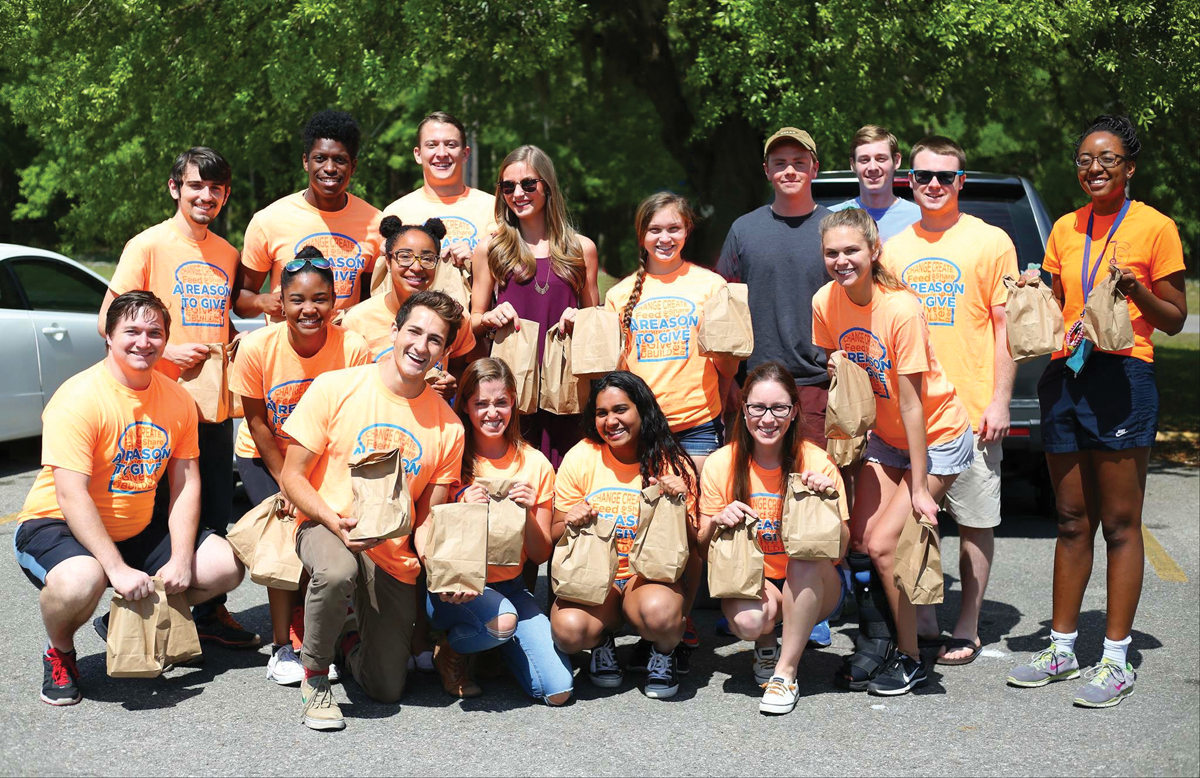 Generation Z is the most diverse group of college students to date, and they are more likely to be concerned about eradicating injustice and inequality across lines of race, class, gender and sexual orientation. Where they see problems in their communities and the world, they want to make a difference. Generation Z men, especially, are motivated by leaving a legacy. They are we-centric in their motivation to make a difference and believe it’s their responsibility to help address issues that impact their neighbors, friends, classmates and family members.
Generation Z is the most diverse group of college students to date, and they are more likely to be concerned about eradicating injustice and inequality across lines of race, class, gender and sexual orientation. Where they see problems in their communities and the world, they want to make a difference. Generation Z men, especially, are motivated by leaving a legacy. They are we-centric in their motivation to make a difference and believe it’s their responsibility to help address issues that impact their neighbors, friends, classmates and family members.
Despite their activist inclinations, studies have found that only 6 percent of those in Generation Z intend to take part in traditional community service while in college. Instead, they’re likely to gravitate toward engagement that looks more like social change. Rather than participating in readymade service opportunities that address symptoms of a problem, Generation Z has shown a preference for developing their own solutions, innovating, and working to address root causes.
University of Florida chapter brothers Zachary Smith, ’18, and Brendon Martin, ’17, are not your average soup kitchen volunteers. While working with Grace Marketplace, a Gainesville organization that provides support services for the homeless, Smith observed a persistent need for volunteers. He talked with Martin, his roommate, about what they could do to help. They wanted to get other students involved, but they also wanted to change the way people thought about homelessness.
In 2015, Smith and Martin launched A Reason to Give. Their organization recruits students to help feed homeless individuals in Gainesville, and they use weekly service projects and social media to challenge stereotypes commonly
associated with homelessness. The students spend time in conversation with the community they serve, learning more about their lives and building relationships.
“When you meet them you realize the negative stereotype around the homeless isn’t always true. You start to understand their context and their story much more,” observed Smith. On the group’s Facebook page, A Reason to Give shares stories and photos of people from the Gainesville homeless population. Though names are omitted for reasons of privacy, the photo portraits and personal testimonies work to humanize the problem of homelessness. In one post, a man reflected on how far removed he was from his childhood aspirations, saying, “Back when I was in school, me and all my friends used to pick the jobs we wanted to have. It’s funny how it all works out. Kids would say fireman or doctor, but no one ever said homeless.”
A Reason to Give has raised over $10,000 and provided thousands of free meals, but Smith and Martin say the true impact is the sense of understanding Florida students are developing around the many causes of homelessness and the needs of the homeless population. They say the experience is breaking down the barrier of stigma associated with homelessness and helping students form stronger connections to the local community.
Career-minded planners: Taking control of their professional futures
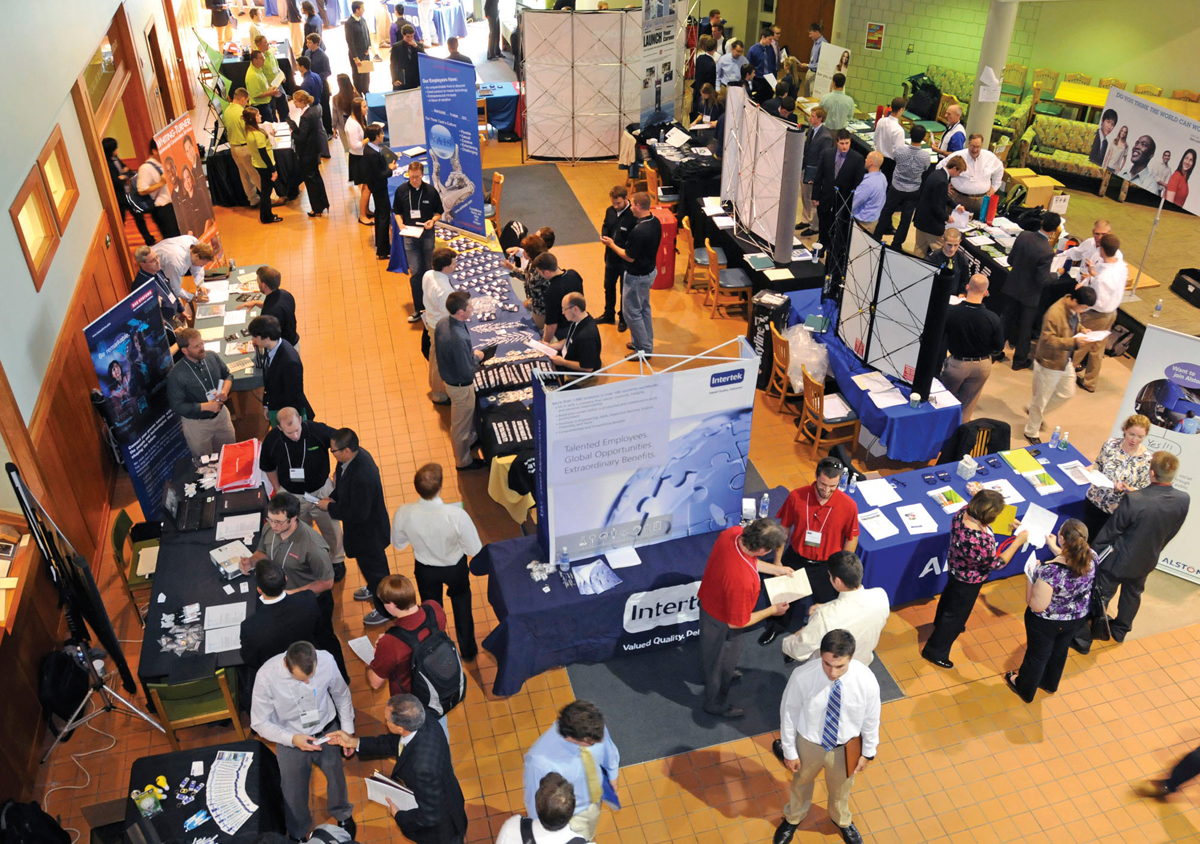 While Generation Z has a desire to help those around them and improve their communities, they are also very focused on securing their own future. Financial stability is one of Generation Z’s greatest concerns, as many saw family members lose jobs and struggle through a harsh economic downturn. Recognizing that their early college years are a great opportunity to start building the skills necessary to land a job after college, Generation Z students are not waiting until their junior or senior years to focus on career preparation.
While Generation Z has a desire to help those around them and improve their communities, they are also very focused on securing their own future. Financial stability is one of Generation Z’s greatest concerns, as many saw family members lose jobs and struggle through a harsh economic downturn. Recognizing that their early college years are a great opportunity to start building the skills necessary to land a job after college, Generation Z students are not waiting until their junior or senior years to focus on career preparation.
Money, however, is not their only motivation. Generation Z students are savvy about company culture and recognize its importance in their careers and personal lives. Many are likely to hold multiple internships throughout their college years, allowing them to explore their intended industries and find a company culture that fits. Some Generation Z students will continue to take this traditional approach to career preparation, whereas others will seek greater autonomy by positioning themselves for a life of entrepreneurship.
Lucas Carter, Clarkson ’17, understood the importance of career planning from an early age. He completed an internship the summer before starting college. It was less clear, however, what he should do to build on this experience. As a global supply chain management major, he was attracted to Clarkson University because of the school’s networking atmosphere and emphasis on career success. According to Carter, career preparation is so ingrained into the school’s culture that the anticipation leading up to the university-hosted career fair is much like the excitement kids feel building up to their birthdays.
The SigEp chapter at Clarkson prepares the evening before the career fair by reviewing and critiquing one another’s resumes, holding mock interviews, and helping each other with professional attire. During his freshman year, Carter sought help from two fraternity brothers who critiqued his resume and provided advice on presenting himself to potential employers. Their feedback helped him land an internship with the baby food company Beech Nut. That same preparation eventually helped him secure a uniquely structured internship with General Electric in Cincinnati.
Taking a semester off from his studies at Clarkson, Carter participated in a General Electric cooperative program that gave him the opportunity to experience full-time work in his chosen field. Participating in multiple internships has allowed him to learn about various company cultures and determine what he’ll look for in a future employer. Carter noted, “I think with our generation, company culture is everything. The point of the internships and co-ops is to gauge culture and figure out what is going to fit.”
Carter attributes much of his professional development to his SigEp experience and the older brothers in the chapter who were willing to help him along the way. “We see how well our alumni do, and it trickles down through our chapter. They always want to help out another SigEp.” He concluded, “If I didn’t have SigEp, I would be missing out on this experience … SigEp brings people out of their comfort zone to actively seek opportunities.”
Now, Carter is one of those brothers who younger SigEps look to for advice. When others began asking him about internships and jobs, he created an informal mentoring group to provide guidance on issues like resumes and interview skills.
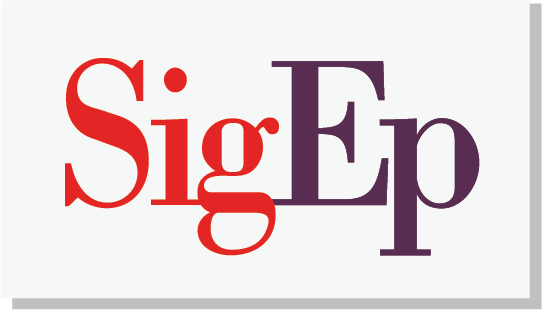
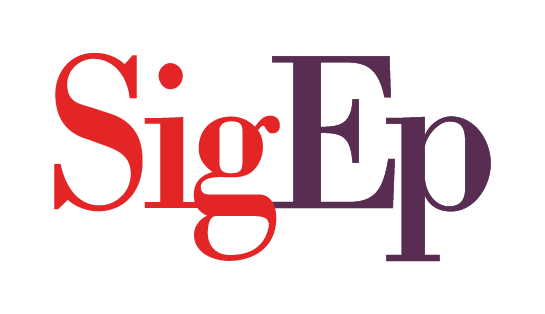




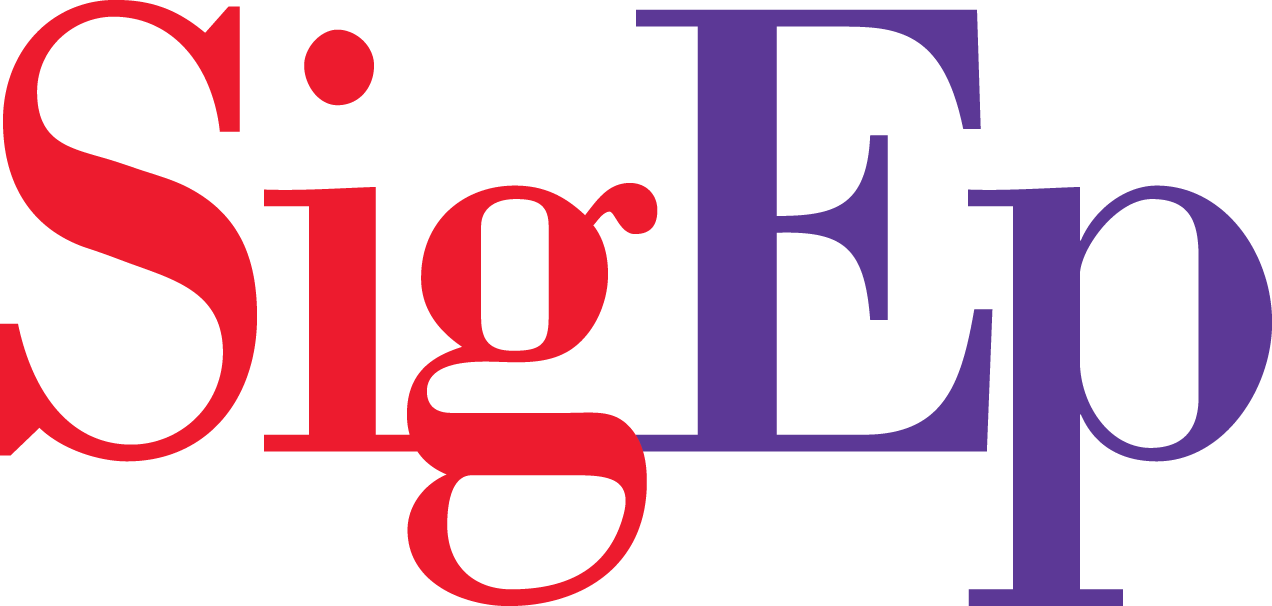


Leave a Reply